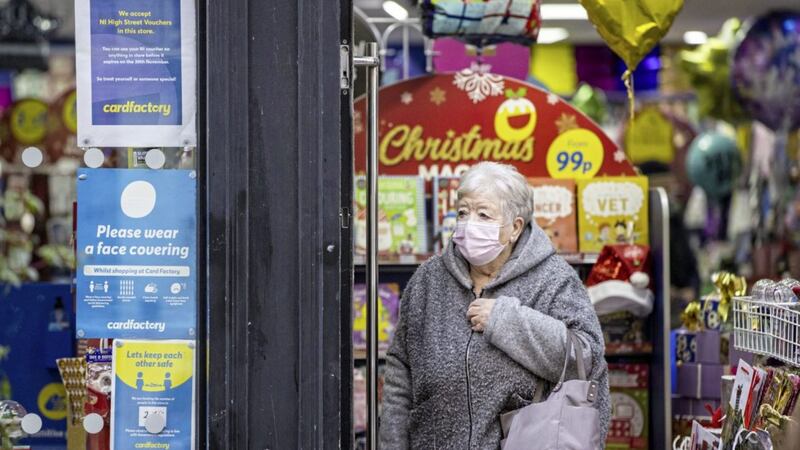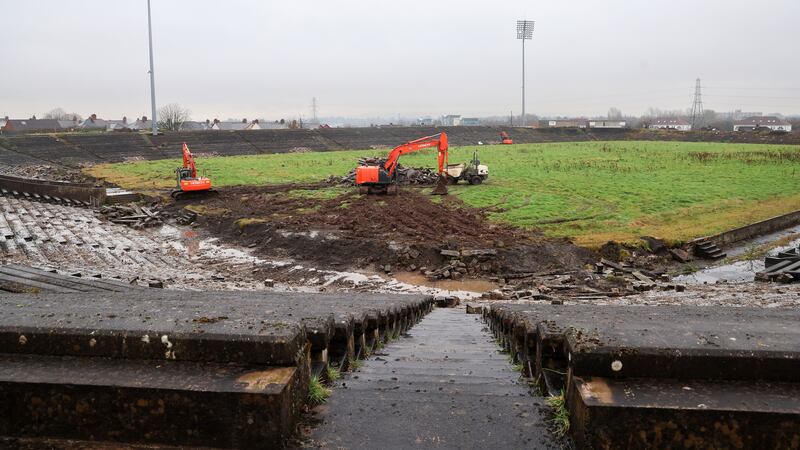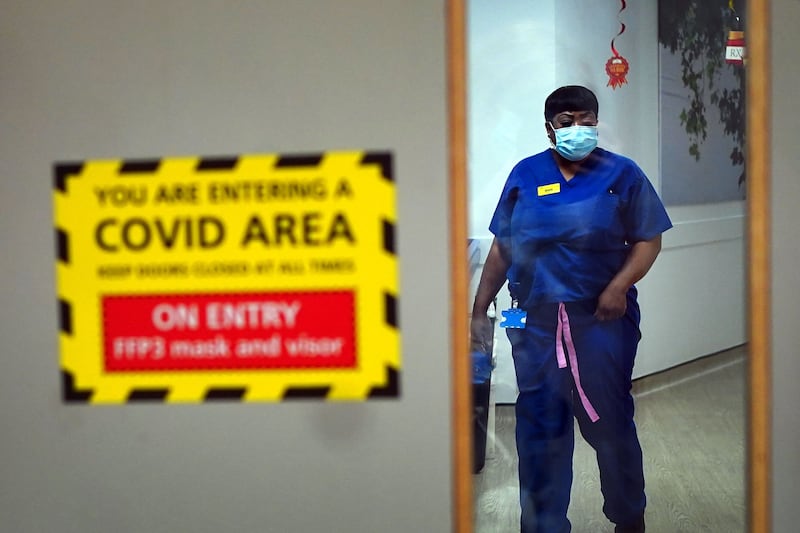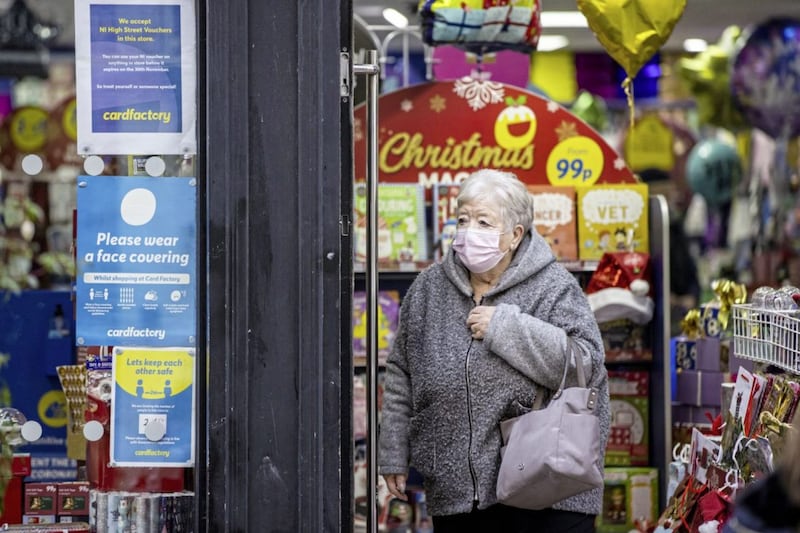A DECISION on whether Health Minister Robin Swann can lift existing Covid-19 restrictions in the absence of an executive will not be known until next week.
On Thursday evening, Mr Swann confirmed he had sought "urgent legal clarification" on the matter after the resignation of First Minister Paul Givan effectively collapsed executive decision making on key policy issues.
Rules on mask wearing, social distancing and Covid vaccine passes to gain entry to nightclubs were among those due to be discussed by the executive next week, where it was expected they would be eased.
While Omicron cases remain high in Northern Ireland and hospital pressures continue, there has been a dramatic drop in the number of critically ill admissions, with 12 patients in ICU yesterday.
A Department of Health spokesman said it could be several days before they receive legal advice to determine if Mr Swann can alone lift the remaining curbs.
Westminster legislation due to completed next week means that Mr Swann and his counterparts remain in post, albeit in a 'caretaker' capacity for a six-week period - but with the option to extend up to 48 weeks taking them well beyond the May Assembly election.
While the Health Minister has powers to oversee the regulations he has never used them.
Throughout the pandemic, all Covid-related decisions on implementing or easing restrictions have been drawn up by the Department of Health - but always brought to the executive table for sign-off.
Uncertainty also remains as to if restrictions can be lifted when they automatically lapse next month.
When asked about this, a department spokesman said "not necessarily" and that further legal advice was required.
In a statement, Mr Swann said he was "deeply concerned about the consequences" of Mr Givan's resignation.
"I will remain in post, but the task of rebuilding our health service has been made all the more difficult," he said.
Meanwhile, cases of a new sub-variant of Omicron have tripled in a week.
However, health experts say early indications show the BA-2 strain, while more contagious, is not more severe.
A department briefing paper states that it now accounts for 23.5 per cent of Omicron cases - up from 7.7 per cent the previous week.
The paper quotes the Office of National Statistics (ONS) survey results which suggest that 1 in 15 and 1 in 20 of the north's population tested positive for the virus in the week up to January 22.
A further 3,833 coronavirus cases were confirmed yesterday.








